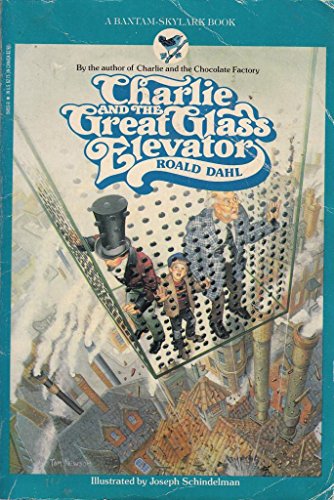I ran in to a hiccup at bedtime. It wasn’t actually the first time I’ve run into this particular hiccup, but it got me thinking.
Almost every night, I read to my son. It’s great, for all the usual reasons. He gets to discover characters and worlds I loved as a kid, or we discover wonderful new ones. He hears the stories that helped teach me things about bravery, honesty, loyalty, determination, or silliness. We’ve heard from some titans of children’s literature: Roald Dahl is wonderful to read out loud. C.S. Lewis’s Narnia Chronicles are better than I remember them: the moral choices children make in his stories are valuable discussion starters for father-son talks about responsibility, consequences, kindness, and listening to your conscience.
But then… at bedtime… there are passages like this.
 |
Cover art from the version I read as a kid.
Turbans and scimitars. Source |
From The Horse and His Boy:
"This boy is manifestly no son of yours, for your cheek is as dark as mine but the boy is fair and white like the accursed but beautiful barbarians who inhabit the remote North [meaning Narnia].” (Chapter 1) C. S. Lewis.
The Horse and his Boy (Kindle Locations 79-80). HarperCollins. HOLD ON! So... C.S. Lewis believes dark people are ugly? Am I reading this right?
"The next thing was that these men were not the fair-haired men of Narnia: they were dark, bearded men from Calormen, that great and cruel country that lies beyond Archenland across the desert to the south." C. S. Lewis.
Last Battle (Kindle Locations 263-264). San Val, Incorporated.
Yes, the Calormenes, from Calormen, across the desert south of Narnia, worship the cruel god Tash (with hints of human sacrifice). They feature in
The Last Battle and
The Horse and His Boy and they are clearly coded as Muslims: they are dark-faced, wear turbans, and wield scimitars. They are also described as cruel and exploitative. Oh... and some Dwarves mock them by calling them "Darkie.” And in case you thought you could omit a few details and remove the racial coding... they're drawn on the cover of the version I read as a kid. No getting around it.
The Silver Chair's treatment of the character Jill Pole in particular falls into many old tropes about what girls are and aren't, can and can't do.
 |
Cover art of the version I read as a kid.
Source. |
Roald Dahl, whom we’d been reading before reading Narnia, had this buried in
Charlie and the Great Glass Elevator:
'It is very difficult to phone people in China, Mr President,' said the Postmaster General. 'The country's so full of Wings and Wongs, every time you wing you get the wong number.' (
Charlie and the Great Glass Elevator (Kindle Locations 302-303).
When they do call someone in China... their names are Chu-On-Dat and How-Yu-Bin, and they address the president as Mr. Plesident. Yeah. Roald Dahl went there. Just skip Charlie and the Great Glass Elevator, folks. As sequel letdowns go, it gives Jaws: The Revenge and Kingdom of the Crystal Skull a run for their money.
So what do we do about this?



